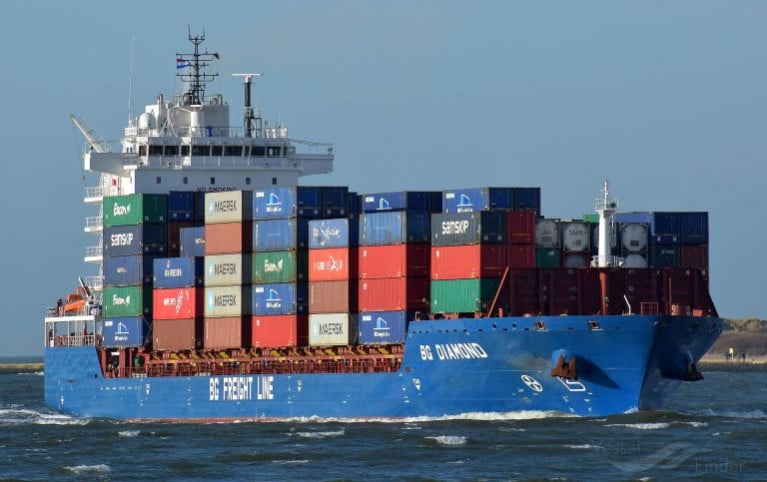Displaying items by tag: IncreasedService
Containers: BG Freight Line Introduce Tri-Weekly Dublin-Liverpool Service to Meet Growing Demand
Container operator BG Freight Line has taken a positive step by adding an additional weekly service call to meet the growing demands of traffic between Liverpool and the Irish Sea hub.
The newly announced service will call between Liverpool and Dublin Port on a tri-weekly basis, ensuring a regular facility to the meet the dynamic needs of each customer in the fast-paced environment of short-sea shipping.
BG Freight Line, part of the Peel Ports Group, provides a comprehensive range of logistics services to and from Ireland, the UK and continental Europe. These services include door-to-door shipping, feedering and quay-to-quay shipping for all types of containerised cargo.
Koert Luitwieler, CEO, BG Freight Line, said: “Our sailing schedule is amongst the best in the business and as part of the Peel Ports Group, we are able to offer the assurance to our customers that we are both an established and reliable partner.
“We are always looking for new growth opportunities and adding another service to the Dublin – Liverpool route will strengthen our excellent Irish Sea network even further. The extra call in Liverpool allows us to meet the demands of our customer, giving them greater flexibility to move last minute cargo closer to its end destination in an ever-changing landscape”.
David Huck, Managing Director, Peel Ports said: “We are delighted to welcome this extra weekly service as it reinforces the strategic importance of this route, as well as our ambition and commitment to provide the seamless movement of goods between Dublin and Liverpool.
“During these uncertain times, it’s imperative that we remain agile for our customers and remain customer-focussed to find a fast solution that ensures cargo, especially essential supplies reaches its destination on time”.
The Port of Liverpool is ideally positioned to be at the heart of a distribution network for UK and Irish markets. The Port is adept at offering innovative and sustainable solutions for warehousing, manufacturing and retail industries, connecting the UK’s major conurbations to both the Irish Sea Hub and beyond.





























































